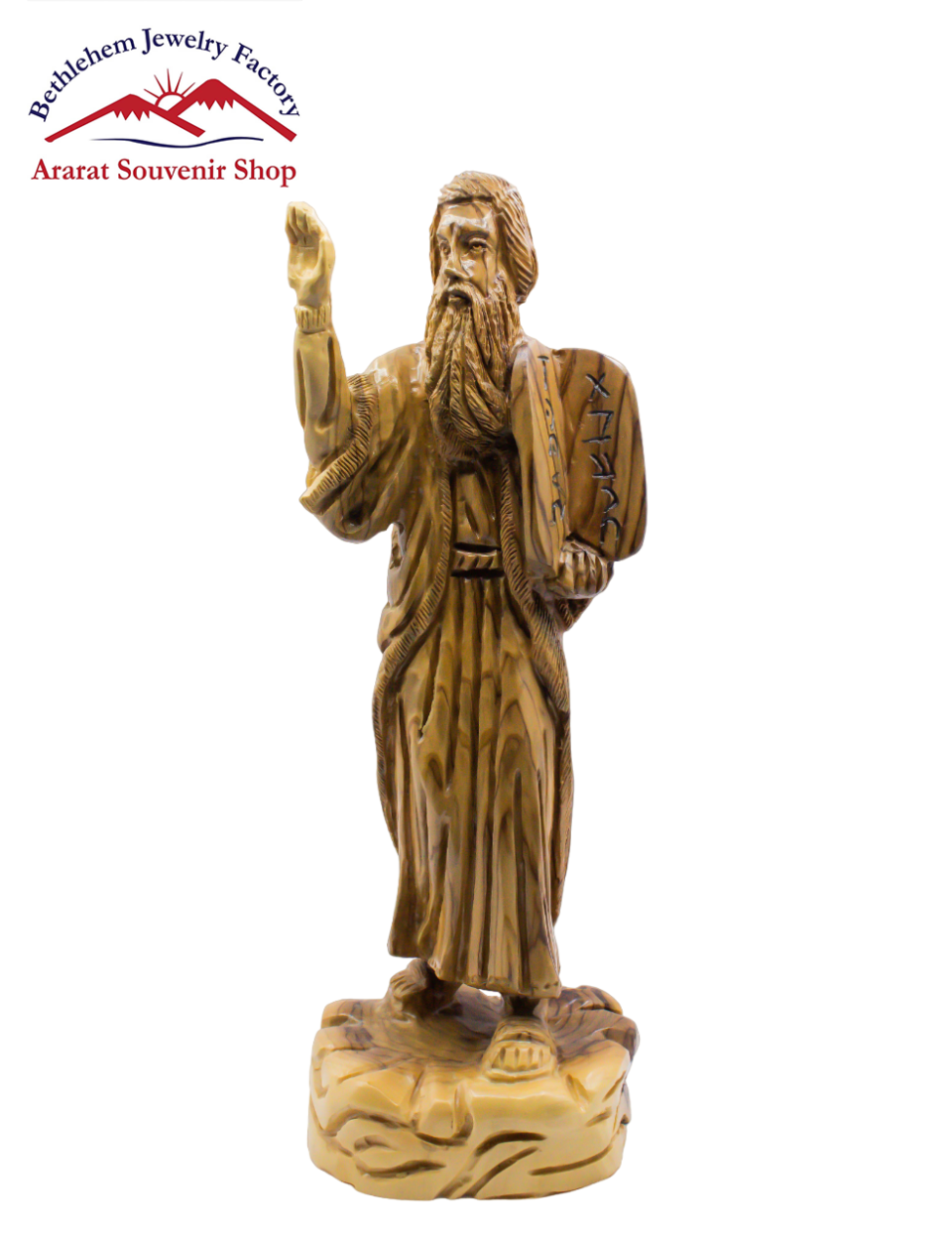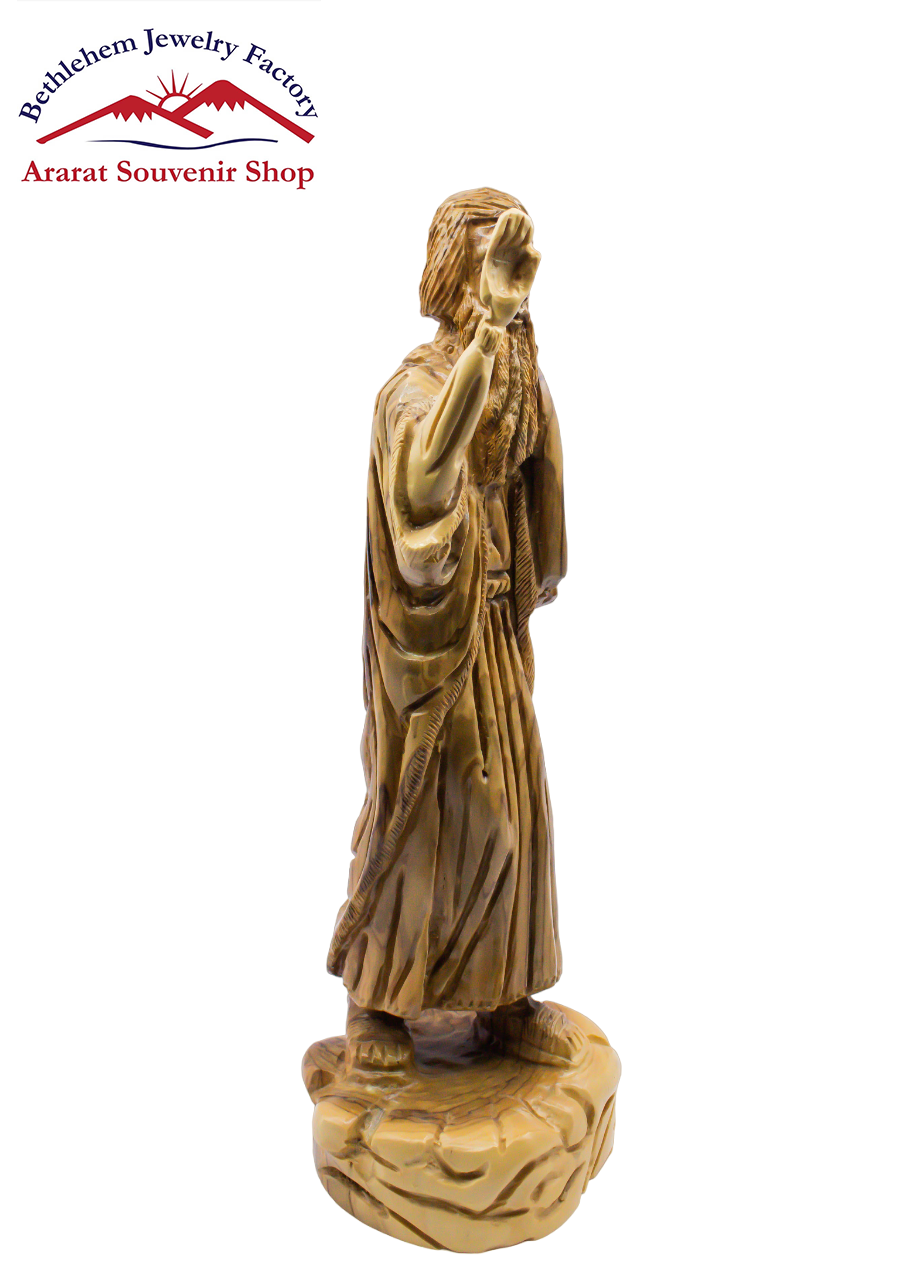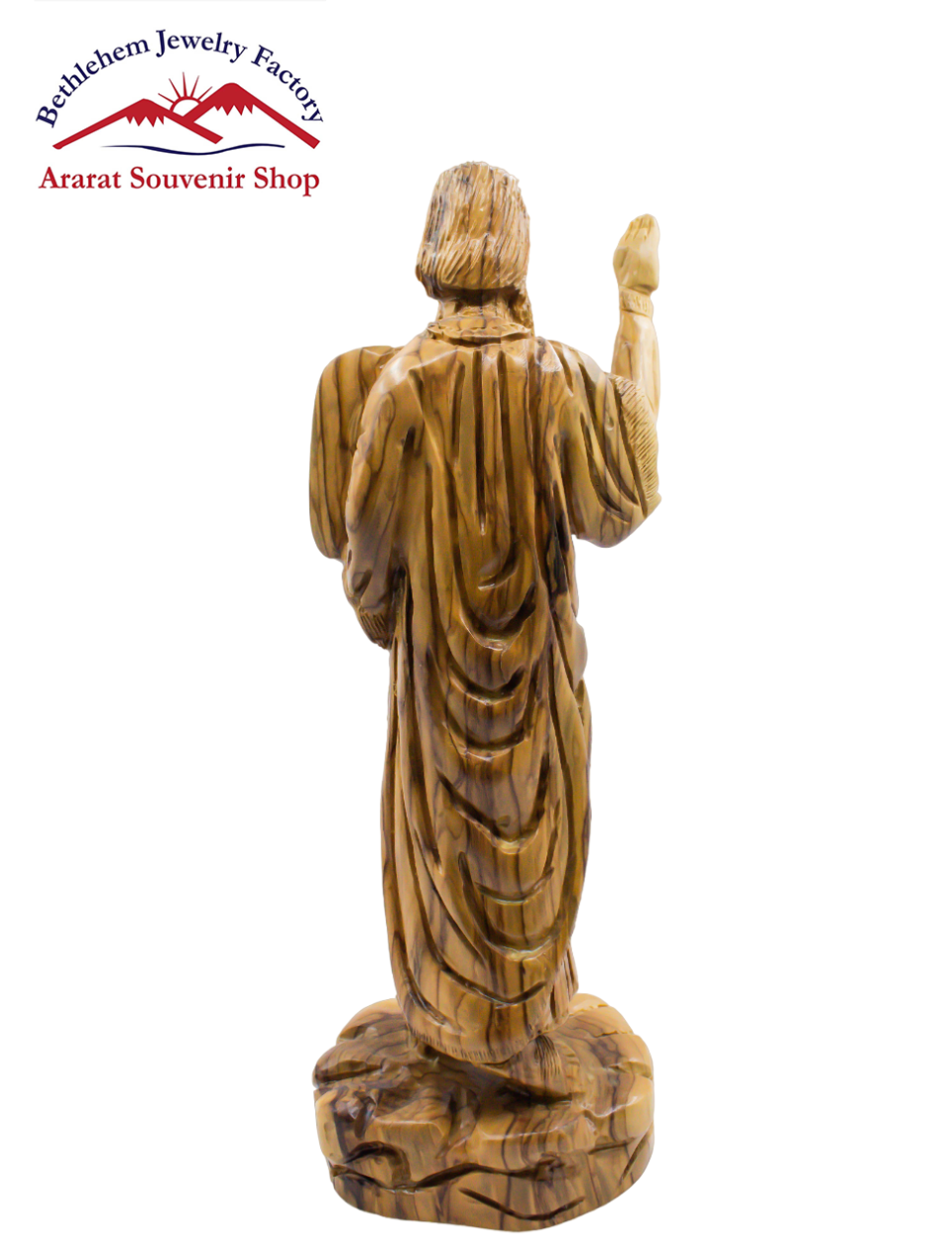Moses with the Ten Commandments
Moses with the Ten Commandments is one of the most iconic figures in Judeo-Christian tradition, representing divine law, leadership, and the covenant between God and humanity. His life and mission are central to the narrative of the Exodus, as documented in the Hebrew Bible. According to scripture, Moses was chosen by God to lead the Israelites out of slavery in Egypt and guide them to the Promised Land, a journey that symbolizes the pursuit of freedom and divine promise. The giving of the Ten Commandments, a pivotal episode in this narrative, serves as a foundation for moral and ethical conduct in both Judaism and Christianity.
The Ten Commandments, or Decalogue, were revealed to Moses on Mount Sinai, where he conversed directly with God. This moment is often depicted in art and literature, showcasing the momentous nature of the event as a divine revelation. God inscribed the commandments on two stone tablets, which Moses brought down to the people. Each commandment encapsulates essential ethical principles, including prohibitions against murder, theft, and adultery, alongside commands to honor parents and keep the Sabbath, reflecting both personal morality and communal responsibility.
In religious art, Moses is frequently portrayed as a majestic figure, often with a long beard and robes, holding the tablets inscribed with the commandments. One of the most famed representations of Moses is Michelangelo’s sculpture in the Basilica of San Pietro in Vincoli in Rome, which captures his intensity and fervor. The tablets themselves are usually depicted as having an arch or curved top, emphasizing their sacred and divine origin. Artists often convey a sense of awe and gravity surrounding Moses, reflecting his unparalleled role as a prophet and leader.
The Ten Commandments’ significance extends well beyond their historical context; they form the bedrock of Judeo-Christian ethical teachings. The commandments provide clear guidance on how individuals should relate to God and one another, serving as a moral framework that has influenced laws, social norms, and religious practices throughout history. They emphasize responsibilities to both the divine and the community, promoting justice, honesty, and respect.
Furthermore, the commandments’ relevance transcends religious boundaries, as they resonate with universal principles of morality that find echoes in many cultures worldwide. Concepts of justice, the sanctity of life, and the importance of truth are fundamental human values, reinforcing the commandments’ enduring influence. This universality has led to their inclusion in discussions about human rights and the ethical framework necessary for societal coexistence.
The context in which Moses received the Ten Commandments also contributes to their significance. The narrative emphasizes themes of liberation and covenant, suggesting that the Israelites’ freedom from Egyptian bondage was coupled with a divine obligation to uphold these laws. This relationship illustrates the concept that true freedom is intertwined with moral responsibility, a message that continues to resonate in contemporary discourse on ethics, governance, and social justice.
In Jewish tradition, the giving of the Ten Commandments is celebrated during the festival of Shavuot, commemorating the revelation at Sinai. This event is steeped in ritual and significance, illustrating the importance of the commandments in Jewish identity and communal life. The Ten Commandments are often housed in synagogues, displayed prominently to remind congregants of their moral duties and God’s covenant.
In Christian doctrine, the Ten Commandments are equally vital, forming a moral compass that guides believers in their relationship with God and others. Jesus referenced the commandments in his teachings, emphasizing their relevance and presenting them as foundational to understanding God’s will. The New Testament also explores the spirit of the law, elaborating on the intent behind the commandments and the call to love as the ultimate fulfillment of these laws.
Throughout history, the portrayal of Moses with the Ten Commandments has transcended religious boundaries, inspiring countless representations in literature, film, and visual art. His image has become a potent symbol of justice and moral leadership, often invoked in discussions about law and ethics. The iconic figure of Moses serves not only as a historical leader but also as a cultural touchstone, reminding humanity of its ongoing quest for justice, truth, and divine guidance.
In conclusion, Moses with the Ten Commandments embodies a rich tapestry of theological, ethical, and historical significance. He represents a divine commission that fosters a covenantal relationship between God and humanity, manifesting the principles that guide moral conduct. The Ten Commandments’ lasting impact on society highlights their importance in shaping ethical frameworks across cultures. As a prominent figure of faith, justice, and moral clarity, Moses continues to inspire individuals in their quest for righteousness and understanding of divine law, making his legacy an enduring part of the human experience.












Reviews
There are no reviews yet.